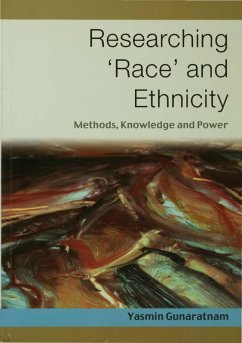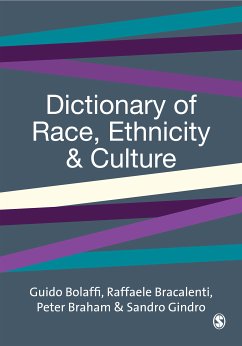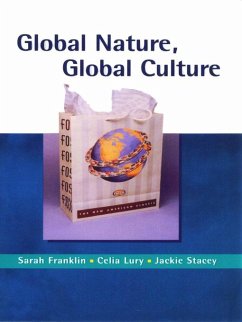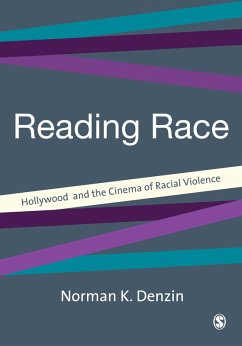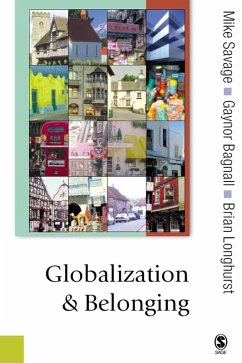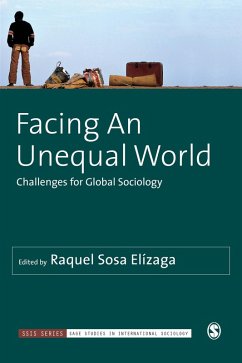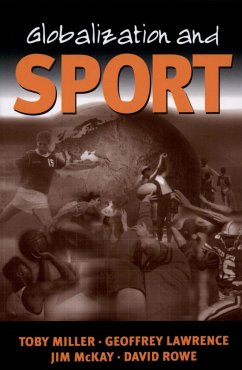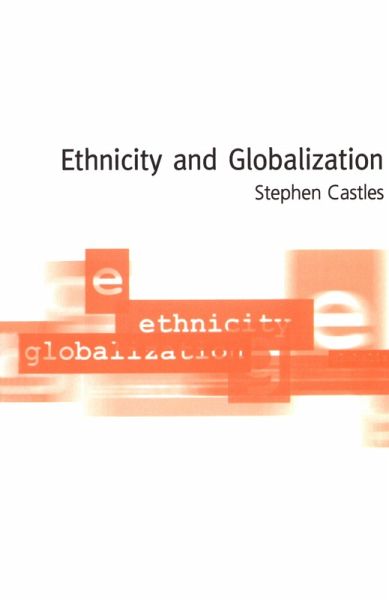
Ethnicity and Globalization (eBook, PDF)
Versandkostenfrei!
Sofort per Download lieferbar
53,95 €
inkl. MwSt.
Weitere Ausgaben:

PAYBACK Punkte
27 °P sammeln!
This book, written by one of the leading authorities on migration, traces the growth of global migration since 1945, showing how it has produced fundamental economic, social and cultural changes in most parts of the world.Using techniques of comparative analysis the book shows the gap between global migration and policy. As the postwar demand for labour outstripped supply, flows of ethnic migration were encouraged throughout the developed Western countries. The rooting of new ethnicities in different soils was neither planned or managed effectively. The book shows how the economic demand for w...
This book, written by one of the leading authorities on migration, traces the growth of global migration since 1945, showing how it has produced fundamental economic, social and cultural changes in most parts of the world.
Using techniques of comparative analysis the book shows the gap between global migration and policy. As the postwar demand for labour outstripped supply, flows of ethnic migration were encouraged throughout the developed Western countries. The rooting of new ethnicities in different soils was neither planned or managed effectively. The book shows how the economic demand for work has been supplemented by the demand from asylum seekers to recognize injustice and oppression. The book also examines the emergence of multicultural societies and the impact of this on traditional concepts of citizenship, culture and identity.
Using techniques of comparative analysis the book shows the gap between global migration and policy. As the postwar demand for labour outstripped supply, flows of ethnic migration were encouraged throughout the developed Western countries. The rooting of new ethnicities in different soils was neither planned or managed effectively. The book shows how the economic demand for work has been supplemented by the demand from asylum seekers to recognize injustice and oppression. The book also examines the emergence of multicultural societies and the impact of this on traditional concepts of citizenship, culture and identity.
Dieser Download kann aus rechtlichen Gründen nur mit Rechnungsadresse in A, D ausgeliefert werden.




